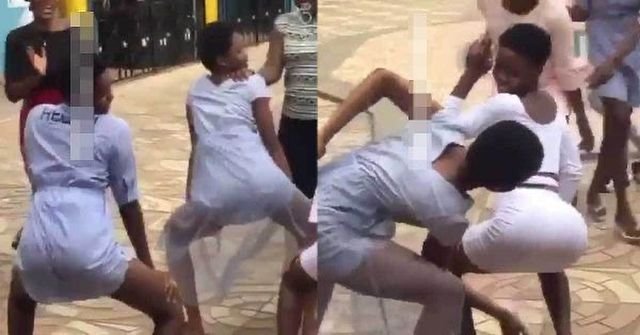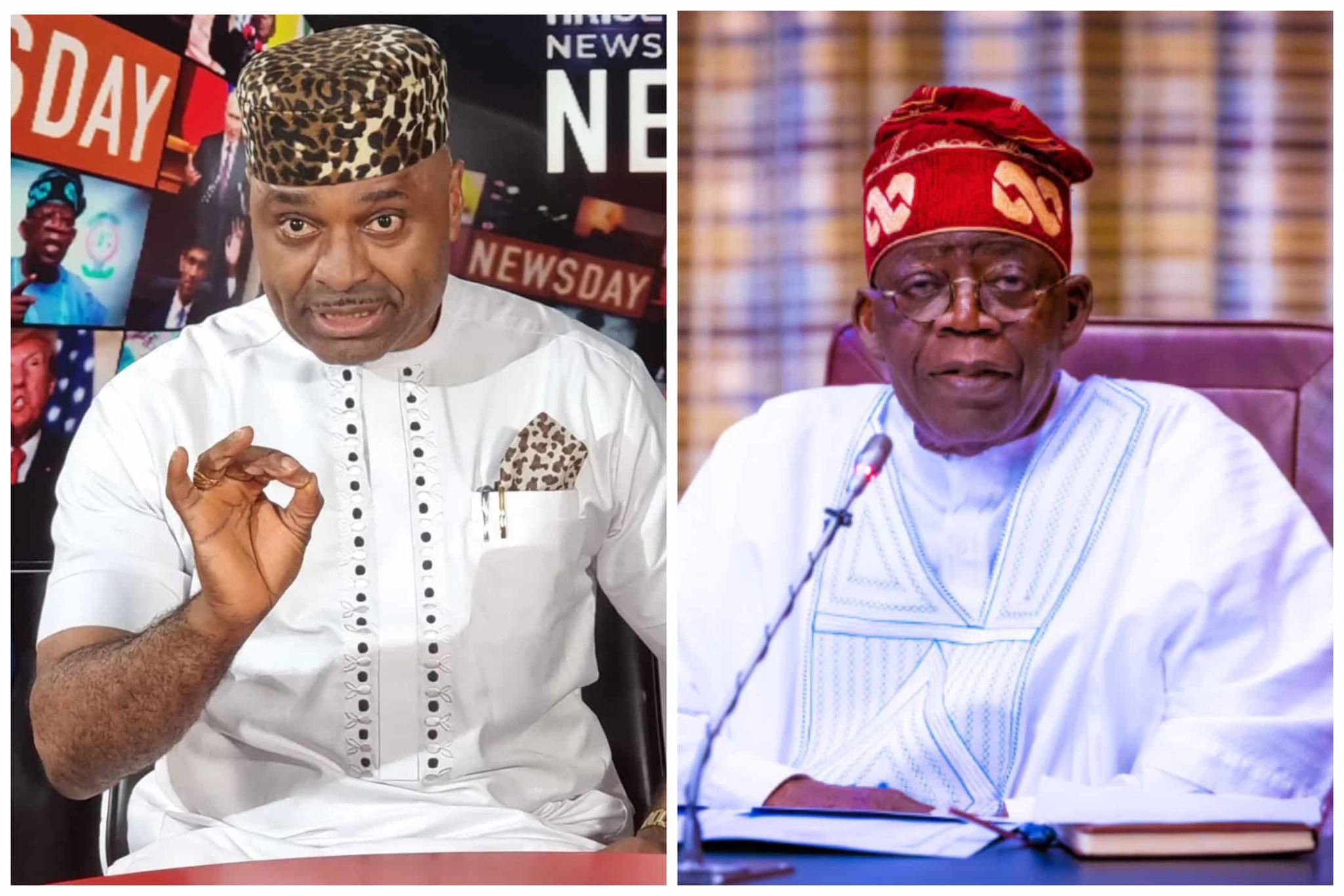The clock is ticking in Rivers State. In five days, the six-month emergency rule declared by President Bola Tinubu will expire. The sole administrator, Vice Admiral Ibok-Ete Ibas (rtd), claims his presidential mandate is accomplished, and the state is ready to return to democracy.
On March 18, 2025, Tinubu suspended Governor Siminalayi Fubara, his deputy Prof. Ngozi Odu, and the State House of Assembly. He appointed Ibas to stabilise the state after months of political turmoil, citing constitutional breaches and security threats.
Ibas, a former Chief of Naval Staff, described his task this way. “Mr. President’s mandate to me was clear: to stabilise the state, create an enabling environment for the re-establishment of its institutions, and return Rivers State back to full democratic governance,” he said in Port Harcourt on Friday.
Transition Back to Democracy
Last week, the Rivers State Independent Electoral Commission (RSIEC) presented its report on the August 30 local government elections. The administrator praised the exercise, saying it restored grassroots democracy.
“With the successful conduct and swearing-in of local government chairmen and their councils, I believe we have decisively achieved the mandate that we were given,” he said.
RSIEC Chairman Dr. Mike Odey described the polls as a “historic achievement,” noting that they were free of harassment and conducted with transparency. He credited collaboration with civil groups and security agencies for the peaceful outcome.
As part of handover events, a state thanksgiving service has been scheduled for Sunday at the Ecumenical Centre, Port Harcourt. Invitations have gone out to permanent secretaries, traditional rulers, heads of security agencies, local government leaders, and industry captains.
Pressure Mounts on Fubara’s Return
Civil society organisations and politicians are setting expectations for Governor Fubara when he returns to office. Chairman of the Rivers Civil Society Organisation, Enefaa Georgewill, said: “It is our position that the elected governor will be returned on September 18. We will be expecting him to immediately investigate the financial record of Rivers State within these six months.”
Georgewill accused the interim administration of financial mismanagement, insisting projects like the flagship ring road and civil service housing had stalled while funds kept flowing. “We suspect that there will be financial misappropriation, even if the so-called House of Assembly has not been completed,” he said.
Prominent APC chieftain, Chief Eze Chukwuemeka, was more scathing. He called the emergency rule an attempt to “plunder and loot the treasure of Rivers State, hijack its political structures, and slow its progress.”
He warned that if the Peace Accord guiding Fubara’s reinstatement restrains him, “they will come after him as he has cheapened himself before these people.”
A State in Waiting
Meanwhile, Ibas has continued to act in his last days in office. On Friday, he inaugurated a new Pensions Board, vowing to end the suffering of retirees.
“Our pensioners have waited long enough. Excuses will not be entertained. Expectations are high, and the time to deliver is now,” he told board members.
For many in Rivers, the real test lies ahead. Will Fubara return as a strong governor, or as a weakened leader bound by deals struck in his absence? Civil society and opposition leaders are already pressing for accountability. Should he launch probes into the emergency administration, or focus on healing divisions and resuming stalled projects?
As September 18 approaches, Rivers people wait with mixed hope and suspicion. The six-month experiment with emergency rule is ending. Whether it leaves scars or a fresh start is the question.
For more on Nigeria’s emergency rule powers, see Section 305 of the Constitution and this BBC report on Rivers politics.
Rate, Like 👍, Comment💬, share this article and Follow us on our social media handles. You can also Submit your own story to get featured and earn rewards!







